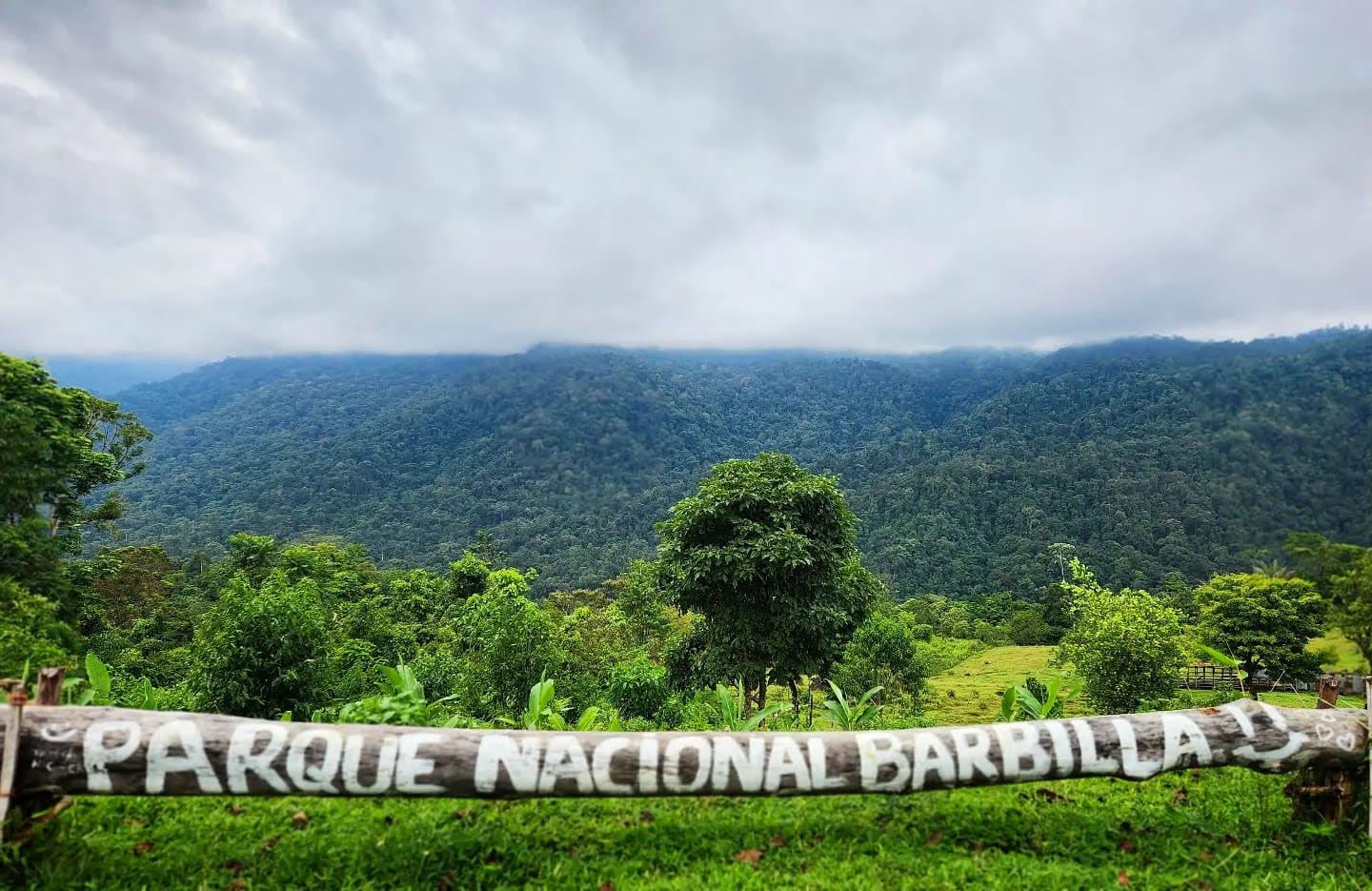
UNDP's Performance-Based Payments (PBP) modality is a novel financial instrument that allows channeling high volumes of finance to beneficiaries marking a paradigm shift in development assistance and moving away from traditional open-ended projects.
After nearly two years of implementing the REDD+ Results-based Payment (RBP) project in Costa Rica using a PBP agreement, with two verification processes undertaken, this is an initial set of lessons learned that we want to share with you:
1. Performance-based payments incentivize greater impact, representing a paradigm shift compared to traditional project management approaches. By providing funding only upon independently verified achievement of pre-agreed measurable development results, this innovative mechanism allows for faster and more efficient implementation, evidenced by tangible and impactful results. However, an important lesson learned is that to deliver fast at scale successfully, it is crucial to focus on improving existing programs and public policies with a track record of delivering results. For example, in Costa Rica, working with an existing globally recognized and robust government programme such as the National Forestry Financing Fund’s (FONAFIFO) Payment for Ecosystem Services (PES) Programme and the Forest Fire Prevention Programme through the National System of Conservation Areas (SINAC) has offered a huge opportunity for disbursing to these programmes more than US $37 million in only 18 months, representing 80% delivery of the project budget intended for these activities. More detailed information on the astonishing results achieved in 2022 can be found in this previous blog. Additionally, assisting established national programmes avoids duplication and the creation of parallel mechanisms, and it contributes to the end-of-project sustainability issue faced by many traditional development projects.
2. Independent verification is crucial for the successful implementation of any Performance -based Payment. While UNDP and Costa Rica's FONAFIFO set the targets and the payment linked indicators under a PBP agreement, the Independent Assessor (IA) has the thorough task of determining whether results for payment-linked indicators are achieved or not. This assessment should be conducted by a highly qualified IA firm with extensive expertise in validation and verification processes following all relevant international standards (e.g., in Costa Rica the IA applied its accredited ISO 14064 approach to the development of the validation and verification methodology, which provided the highest level of rigor and methodological soundness). Also, extensive international and local expertise is needed in the required subject matter (payment for ecosystem services, REDD+, governance, and geospatial analysis for the case of Costa Rica), to ensure that the resulting methodology is delivered at the agreed level of quality and sustainability.
3. The independent assessment allows for the identification of opportunities for improvement. Provided that a strong IA is on board, the independent assessment is based on a detailed technical verification process, including extensive desk review, field visits, and robust statistical methods. In Costa Rica, the independent assessment process identified areas where the assessor team’s expert judgment suggested that there were opportunities for improvement that fell within the scope of the assessment, such as (i) the mapping of PES forest protection contract boundaries; (ii) regents’ GIS skills as related to mapping contract acreage with GPS and transcribing contract acreage from cadastral data in the shape files; (iii) transfer of information from the database; (iv) the management of GPS fire mapping data; (v) and the reporting of the gender in contracts owned by limited partnerships often owned by families. Because these recommendations were evidence-backed, Costa Rica has considered these opportunities for improvement and agreed to embed them in new payment-linked indicators that will be reviewed in the third verification process, leading to more permanent improvements. Improvements that, in the case of digital technologies, have been proven to be the basis of a successful verification system.
4. The Performance-based Payment modality enables the integration of gender and social inclusion elements. The PBP agreement in Costa Rica requires a direct link between project activities and social and environmental safeguards. While the starting point is a risk assessment, like for other projects, the endpoint in the PBP is a much more elaborated set of grounded indicators that address gender and social inclusion elements embedded into the rationale of the PBP agreement activities and the methodology to measure performance.
5. A stepwise approach to developing a Performance-based Payment agreement enables a more flexible adaptive management approach. Despite Costa Rica’s extensive experience in implementing its PES Programme, the urgency to disburse funding after the pandemic, which considerably impacted its financial stability, caused the PBP agreement to be set up in phases. As a result, payment-linked indicators can be updated, added, or removed annually to adapt to validation challenges and improvement opportunities identified through the findings of the IA. For example, in Costa Rica, it was agreed to work first on one version of the PBP agreement that included only results from 2021 coming from PES in private lands and forest fire prevention measures, leaving PES in Indigenous territories for a second version the agreement to ensure compliance with social safeguards. Afterwards, the second verification process successfully included results from 2022 from PES in Indigenous territories, when an Indigenous Plan was already in place. In the economic downturn of a pandemic, this stepwise approach allowed a more rapid transfer of needed cash resources directly to impoverished groups to support the COVID-19 green recovery phase.
These lessons learned from the specific case of the implementation of the REDD+ RBP project in Costa Rica can be, at a certain point, extrapolated to the cases of Ecuador and Indonesia, which are also applying the PBP instrument to implement their REDD+ RBP projects. However, considering the unique national circumstances of these other countries, their specific lessons learned will be presented as they emerge in future blog posts. Similarly, given the complexity and importance of integrating social and environmental safeguards and mainstreaming gender elements into PBP implementation, lessons will be documented and shared as part of this multi-part blog series.


